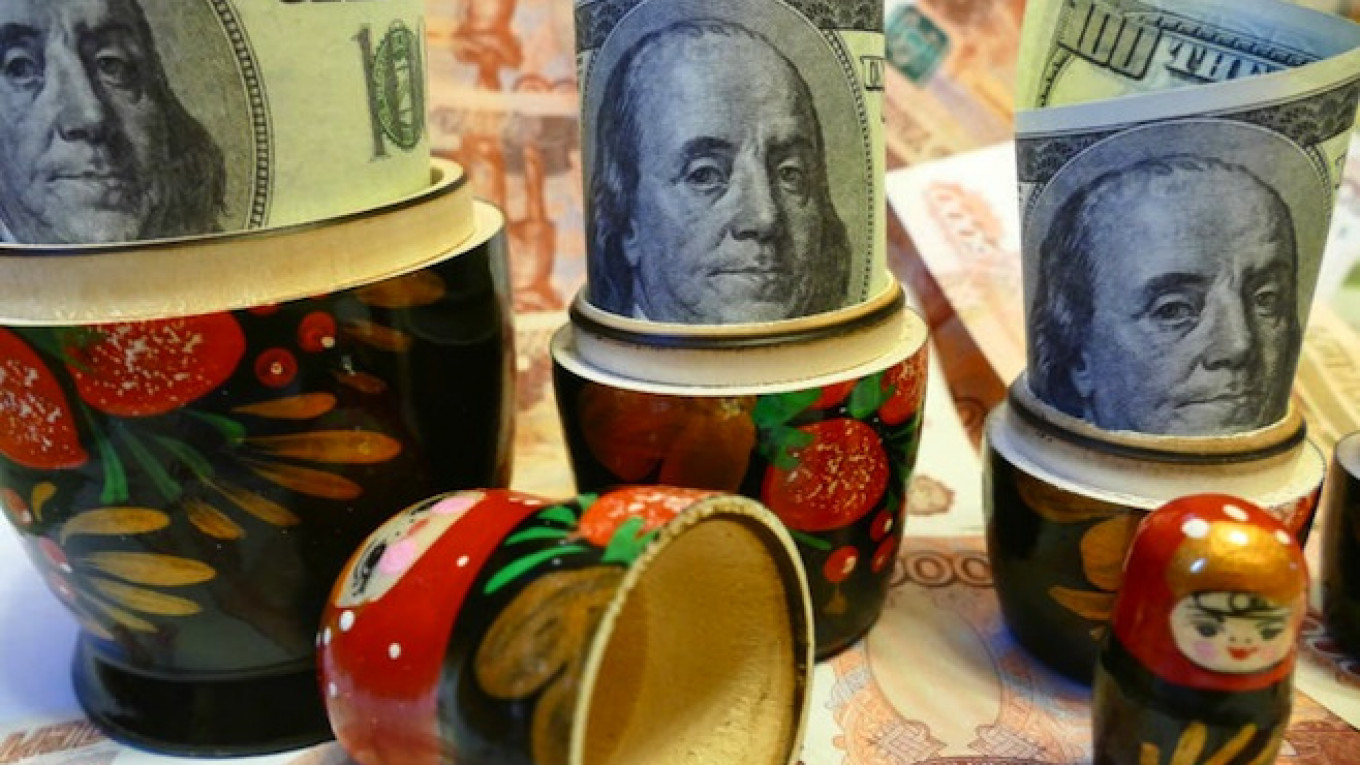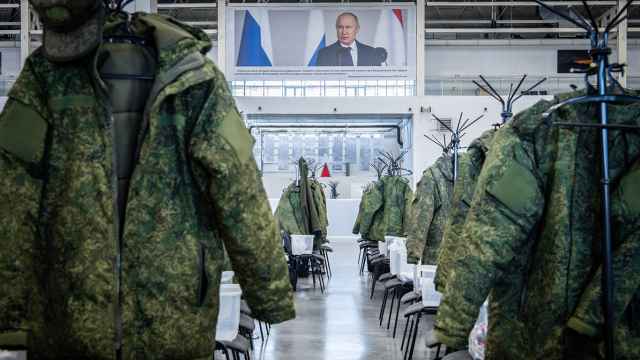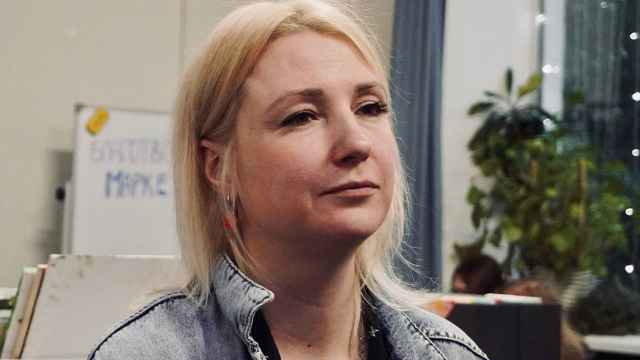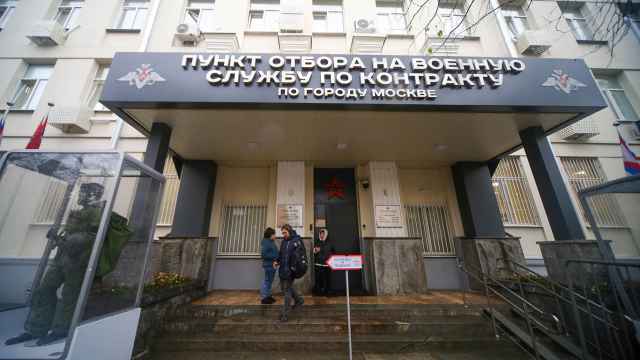A court in the Siberian city of Krasnoyarsk has banned the online dissemination of information on kickbacks, arguing it encourages people to give and take bribes, the regional Prosecutor's Office said Thursday in a statement.
Prosecutors had appealed to the court to ban an online article titled “How to offer kickbacks,” which had been published on several websites and was freely accessible to Internet users, the statement said.
The article detailed “the main principles of offering and giving kickbacks, the types of bribe-takers, and the turns of phrase that should be used to address each type,” the statement said.
The article also defined a bribe as “a small pat on the back for the person for agreeing to cooperate,” the prosecutors said.
According to the prosecutors, the dissemination of such information encourages people to give bribes and public officials to accept them. It also said that suggesting ways to avoid being punished made the practice more widespread, whereas one of the ways of preventing corruption was to foster societal intolerance toward such behavior.
The statement said a copy of the court ruling would be sent to Russia's communications watchdog, Roskomnadzor, which — once the ruling becomes law — would start including sites found to encourage bribes in its unified registry — following the same rules that apply to websites found to promote suicide or “gay propaganda.”
President Vladimir Putin in March signed a law reducing fines for giving and receiving bribes, following criticism that corruption penalties were rarely being honored.
Accepting a bribe of under 25,000 rubles ($413) is now punishable with a fine of up to 10 times the size of the bribe, whereas before the fine was up to 25 times as much.
Bribe-givers also got their penalties slashed, from 15 times the sum to five times the amount given.
A corruption perception index by Transparency International published in March ranked Russia 136th out of 175 countries.
Contact the author at [email protected]
A Message from The Moscow Times:
Dear readers,
We are facing unprecedented challenges. Russia's Prosecutor General's Office has designated The Moscow Times as an "undesirable" organization, criminalizing our work and putting our staff at risk of prosecution. This follows our earlier unjust labeling as a "foreign agent."
These actions are direct attempts to silence independent journalism in Russia. The authorities claim our work "discredits the decisions of the Russian leadership." We see things differently: we strive to provide accurate, unbiased reporting on Russia.
We, the journalists of The Moscow Times, refuse to be silenced. But to continue our work, we need your help.
Your support, no matter how small, makes a world of difference. If you can, please support us monthly starting from just $2. It's quick to set up, and every contribution makes a significant impact.
By supporting The Moscow Times, you're defending open, independent journalism in the face of repression. Thank you for standing with us.
Remind me later.






